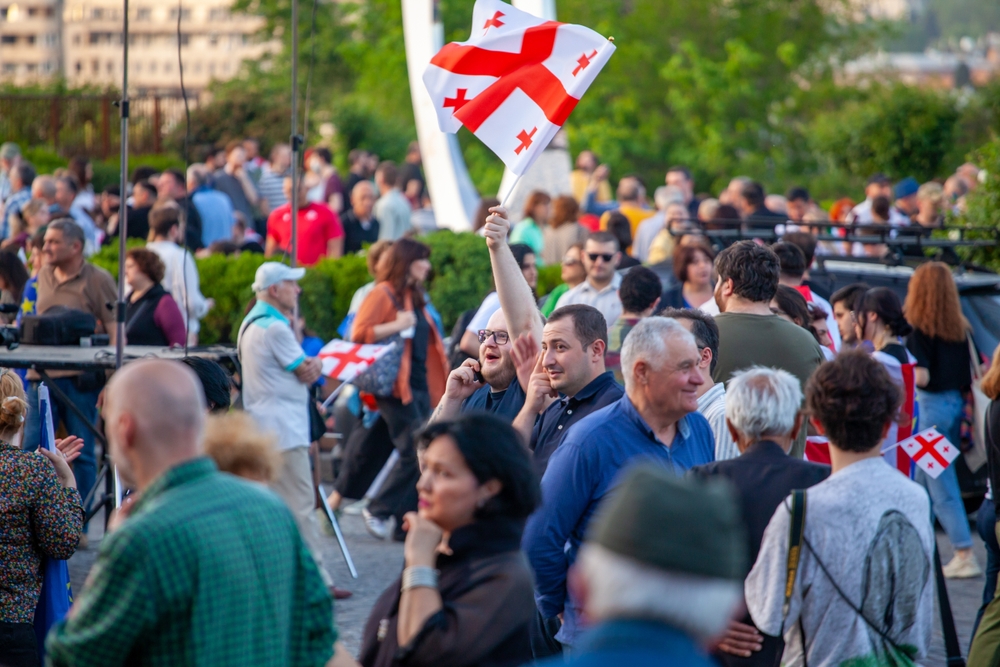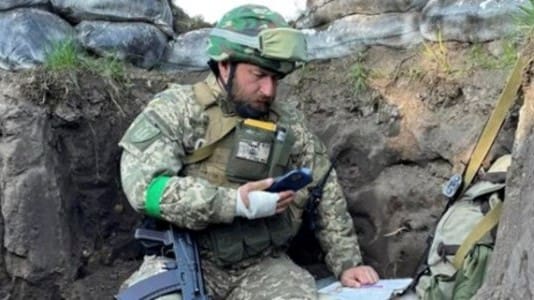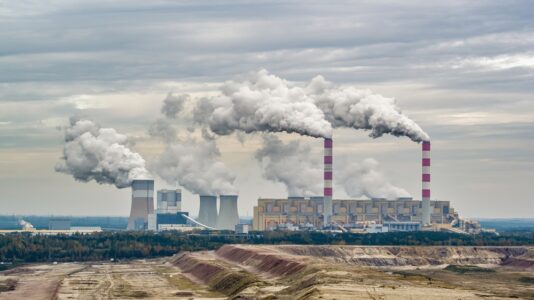Political tension has reached new heights in Georgia following Saturday’s parliamentary elections, where the ruling Georgian Dream (GD) party secured an absolute majority with approximately 54 percent of the vote in a contested result.
While GD leadership celebrates the victory, President Salome Zurabishvili, a former GD ally turned critic, condemned the results as a “total fraud,” alleging widespread voter manipulation and hinting at foreign influence, which she described as a “Russian special operation.”
Zurabishvili has now called on citizens to gather in central Tbilisi to demonstrate against the outcome, asserting that the election was a “taking away of your votes.”
Prime Minister Irakli Kobakhidze of GD dismissed allegations of election tampering, insisting that the vast majority of Georgia’s 3,111 polling stations were peaceful, with only a few isolated irregularities, which he claimed was normal in all democracies.
“Irregularities happen everywhere, in every country,” he told the press following the result.
Georgian Dream is expected to take 89 seats in parliament, compared with the four pro-Western opposition parties who won a combined 61 seats.
For GD, this landslide victory underscores a commitment to national priorities, with leaders pledging to continue their focus on economic development and maintaining peace. The result, however, was not celebrated in Brussels, which recently suspended EU accession talks with Georgia due to concerns over the rule of law and legislation passed by the current administration that Eurocrats consider to be incompatible with European values.
Examples of these laws include the country’s crackdown on foreign funding for NGOs and regulation on LGBT education in schools.
Hungarian Prime Minister Viktor Orbán, an ally of GD and proponent of similar policies within the EU, congratulated GD on its election victory.
Orbán, who will visit Tbilisi on Monday, described the election as a triumph for Georgia’s sovereignty. Hungarian Foreign Minister Péter Szijjártó echoed this sentiment, saying, “The election was not won by those chosen by Brussels and the liberal mainstream but by a pro-sovereignty, pro-peace, and pro-family governing party.”
Szijjártó claimed the tactics employed by Brussels and the losing opposition parties, including the Georgian president, were typical of liberals who are unhappy with election results.
“So, since the liberals lost badly, the attack was launched: the election was not fair, there is no democracy in Georgia,” he said, ridiculing the approach taken by Brussels.
International reactions have been mixed, with U.S. Secretary of State Antony Blinken urging Georgian leaders to “respect the rule of law and address deficiencies in the electoral process.”
Eurocrats were less diplomatic, with Antonio Lopez-Isturiz White, head of the European Parliament’s delegation to the OSCE mission, stating, “We continue to express deep concerns about the democratic backsliding in Georgia. The conduct of yesterday’s election is unfortunately evidence to that effect.”
GD maintains that international scrutiny is unwarranted, accusing some Western factions of supporting the opposition’s push for a swift European integration agenda that could disregard Georgia’s national interest.
The result came just one week after a majority of Moldovans living in Moldova voted “No” in a constitutional referendum on EU membership, but were effectively overruled by a large diaspora vote that dragged the “Yes” vote over the line at the last minute.
Zurabishvili’s call for resistance has galvanized opposition leaders, who claim that GD’s policies are drawing Georgia into a tighter orbit with Russia.
The coming days are expected to be crucial for Georgia’s political future, with massive demonstrations in Tbilisi planned and international observers closely watching.






